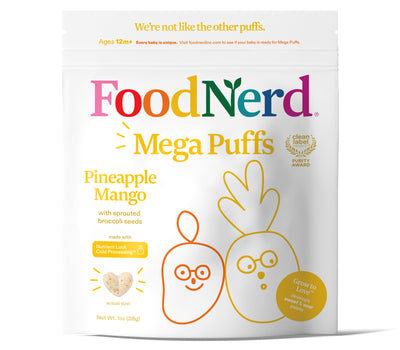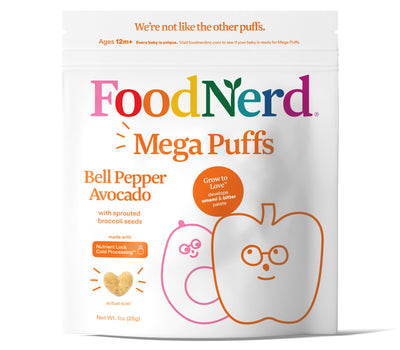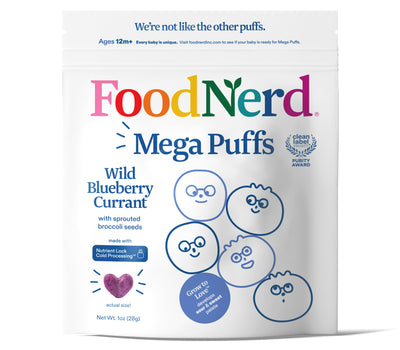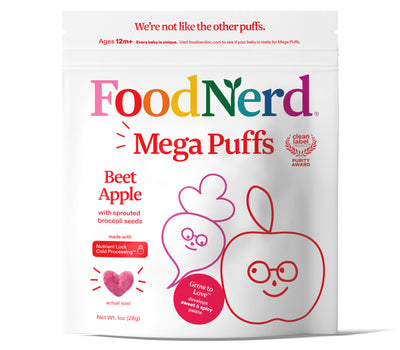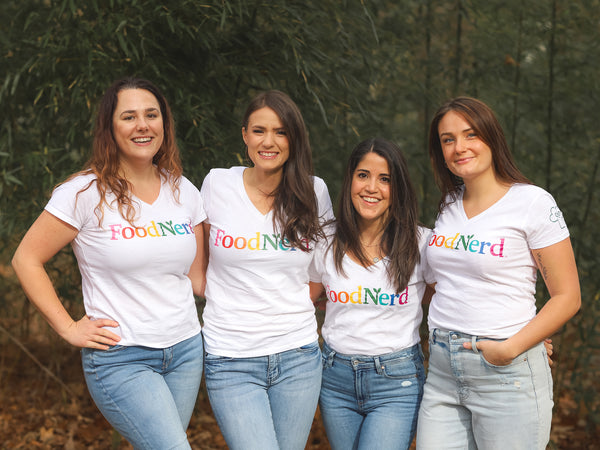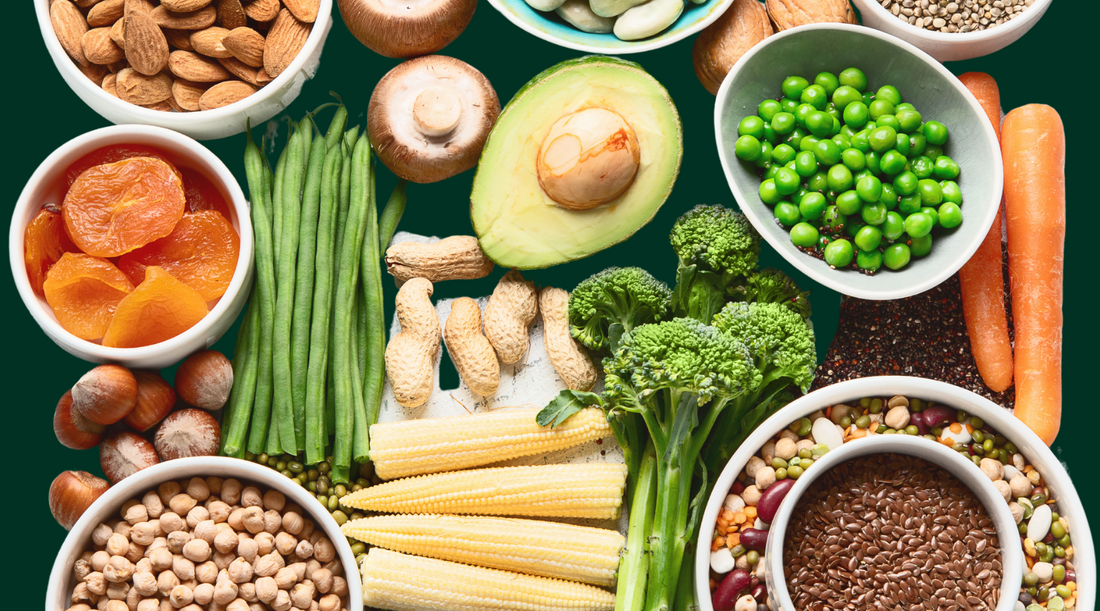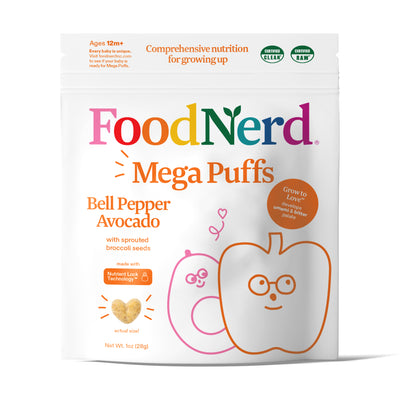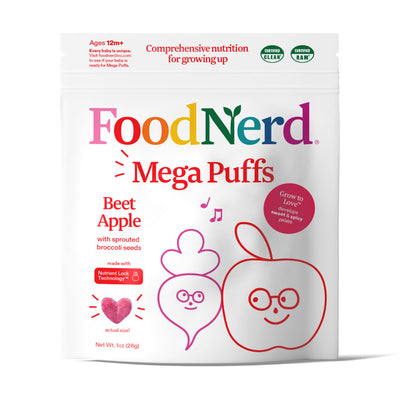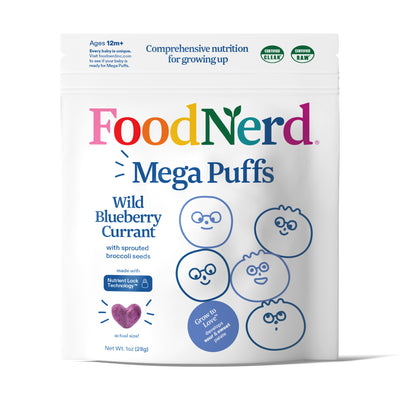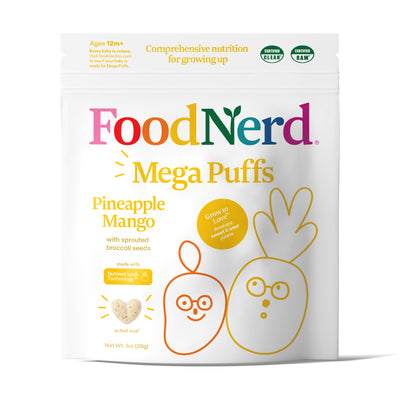Gorillas are arguably one of the largest, strongest animals on the planet. The funny thing is that gorillas get about 17% of their total energy intake from protein and they eat only plants!
Our culture has programmed us to think of meat and dairy products whenever protein is mentioned, especially when it comes to working out and athletic performance.
This brings us to the age-old question; can you be a vegetarian or vegan athlete and still meet your protein needs? The simple answer is yes, but there is more to the story. Read on to find out why protein is so important, how much is needed, and how plant-based proteins can be more than enough to meet those needs.
What is Protein and Why is it so Important?
There are at least 10,000 different proteins that make up our bodies and help us function normally. They can be found everywhere—from our muscles and bones, to our skin and hair, and in our blood and immune system.
Without protein, we wouldn’t be alive.
Protein does many important things in our body, including:
- Makes up the structure of our cells and tissues
- Makes up enzymes that power many chemical reactions (vital for life)
- Makes up hemoglobin in red blood cells that carries oxygen to our organs and tissues
- Makes up active proteins that are released by immune cells
- Makes up hormones, which are the chemical messengers of the body (affect many important processes, including metabolism and mood)
- Helps build, maintain, and repair body tissue
The proteins in our bodies are continually being repaired and replaced, which requires a constant supply of amino acids. Amino acids are the building blocks of protein—different amino acids link together to form different proteins. The body uses 20 different amino acids to build its proteins, which can be found in plants and animals.
There are 9 essential amino acids that our bodies cannot make, so we need to get them from food. On the other hand, there are 11 non-essential amino acids that our bodies can make (we don’t have to worry about these guys since our bodies supply us with them!).
How Much Protein Do We Need?
Let’s start by saying that it is extremely rare for anyone, athlete or not, to be deficient in protein in the U.S. That being said, the amount of protein that you need depends on your age, gender, and activity level.
The current Recommended Dietary Allowance (RDA) for protein is 0.8 grams per kilogram of body weight (0.36 grams per pound) per day for average adult men and women. This equals out to about 46 grams of protein for women and 52-56 grams of protein for men per day.
*RDA is the average amount of a nutrient that you should eat per day to maintain health (for nearly all healthy people).
Compared to the average Joe, athletes need more protein to repair and rebuild muscle that is broken down during intense exercise. According to the American College of Sports Medicine, recreational athletes should try to get 1.1-1.4 g protein/kg of body weight (about 75 - 95g/day for a 150-pound athlete) and more serious athletes need even more, 1.2-2.0 g protein/kg body weight.
Protein is not the End All Be All
Sure, athletes need to get enough protein in their diet, but… They also need to get enough carbohydrate and healthy fat! Eating a sufficient amount of carbohydrates and fat ensures that less protein will be used as energy and will instead go towards the processes that it is meant for—like repairing, rebuilding, and maintaining muscle mass.

If you eat a diet that is made up of mostly protein, there will be a lot less carbohydrate and fat to be used as energy, which means that your body will have to use protein as its main energy source. Might we add that carbohydrates are the most efficient source of energy to fuel muscle contractions. Protein is the most inefficient and expensive source of energy because the body requires glucose (aka carbs) to break it down.
Animal Vs Plant-Based Protein Foods
Both animal and plant foods can provide all 9 essential amino acids. The difference is that animal foods may contain higher concentrations of amino acids per serving. However, just like animal foods, some plant foods are better sources of protein than others.
Plant Protein Foods:
| Tofu, 1 cup | 20 grams |
| Lentils, ½ cup | 20 grams |
| Tempeh, ½ cup | 20 grams |
| *Buckwheat, ½ cup | 13 grams |
| Quinoa, ½ cup | 12 grams |
| Edamame, ½ cup | 10 grams |
| Most nuts, 2 tbsp | 7 grams |
| Beans & Peas, ½ cup | 5-8 grams |
| *Rolled Oats, ½ cup | 5 grams |
| *Chia Seeds, 2 tbsp | 5 grams |
*Values are estimated & are based on the USDA’s FoodCentral Database
Other Plant-Based Protein Foods Worth Mentioning:
- Vegetables: Including dark greens like kale and spinach, cruciferous veggies like brussel sprouts and broccoli, mushrooms, peppers, yams…
- Spirulina
- Nutritional yeast
Additional Benefits of Plant Protein:
- Contain dietary fiber, which is critical to health of our gut microbiome (the foundation of our health!).
- Help to decrease our risk of chronic diseases (includes all plant-based foods)
- May be best for weight management (indicated by research)
- May increase longevity (research has found that consuming more protein from plants may be associated with a longer life).
- Easier to digest. Animal proteins can be extremely hard for our bodies to digest and require a lot of energy to do so.
Meat-Eater Athletes Vs Plant-Based Athletes
There is currently very little evidence to suggest that the protein requirements for vegetarian or vegan athletes are any different from athletes that eat meat.
It is difficult for athletes NOT to get enough protein in their diet—as long as they are eating a variety of whole foods and a sufficient amount of calories to support their needs. This goes for plant-based athletes as well!
Both plant-based and omnivore athletes need to make sure they are eating a wide-variety of healthy protein foods—no matter what the source is.
So, does this mean that a plant-based diet provides enough protein—even for athletes?
The simple answer is heck yes! Protein deficiency is rare in the U.S., even when it comes to athletes. Vegetarian and vegan athletes can get more than enough protein by making sure to eat a variety of plant-based foods, including beans, legumes, nuts, seeds, whole grains, soy products, and even vegetables.
Remember, plant foods can contain all 9 essential amino acids, although in varying amounts. This means that as long as we are eating a wide variety of healthy plant-based foods throughout the day, we do not have to worry about combining complementary plant proteins at each meal (i.e. beans and rice). Research has stated that eating a variety of plant protein foods throughout the day is enough to meet essential amino acids needs.

Debunking the Myth Once and For All
It is a total myth that vegan and vegetarian athletes cannot meet their protein needs.
All athletes, from recreational to Olympian, can meet their energy and protein needs on a vegetarian or vegan diet that includes a variety of healthy plant-based foods.
The next time you need a protein fix, think about how plant-based protein is BETTER for our microbiome, overall health, and longevity!
FoodNerd Footer:
Children between 1-3 years old need around 13 grams of protein per day. Our Sprouted Mega Puffs are packed with whole plant protein, around 3-9g / pack. Thats 25%-65% of your child's daily value!
Sources:
- Bailey, Emily. “Protein for Vegetarian and Vegan Athletes”. NASM, 2016, https://blog.nasm.org/fitness/ protein-vegetarian-vegan-athletes.
- Bhanoo, Sindya. “Protein-Rich Diet Helps Gorillas Keep Lean”. The New York Times, 2011, https://www.nytimes.com/2011/06/07/science/07obgorilla.html.
- Caspero, Alexandra. “Protein and the Athlete - How Much Do You Need?”. EatRight, 2020, https://www.eatright.org/fitness/sports-and-performance/fueling-your-workout/protein-and-the-athlete.
- Larson-Meyer, E. "Vegetarian and Vegan Diets for Athletic Training and Performance." Sports Science Exchange 29.188 (2018): 1-7.
- “Protein”. Physicians Committee for Responsible Medicine, 2020, https://www.pcrm.org/good-nutrition/nutrition-information/protein.
- “What Are Proteins and What Is Their Function in the Body?”. EUFIC, 2019, https://www.eufic .org/en/whats-in-food/article/what-are-proteins-and-what-is-their-function-in-the-body.
